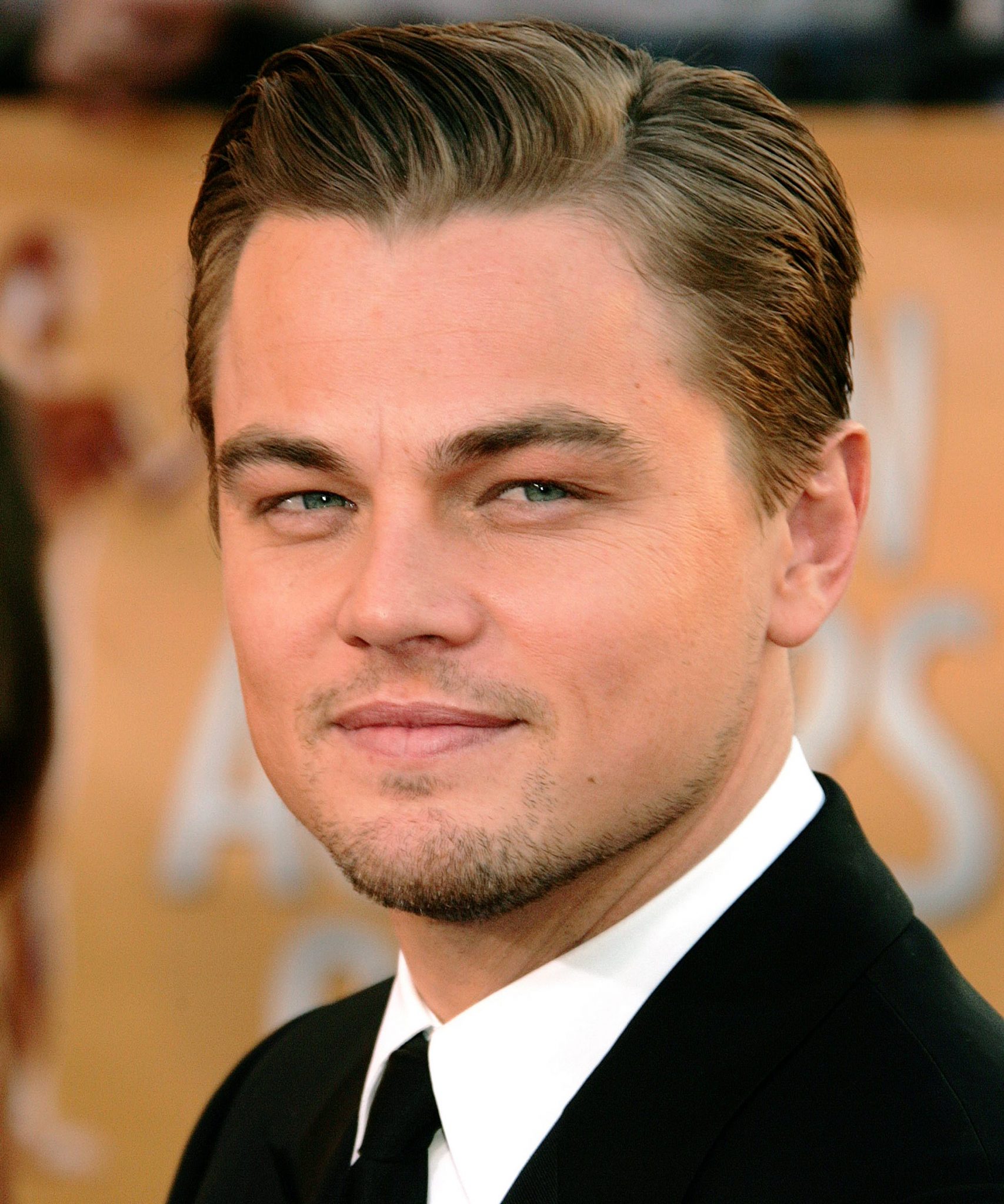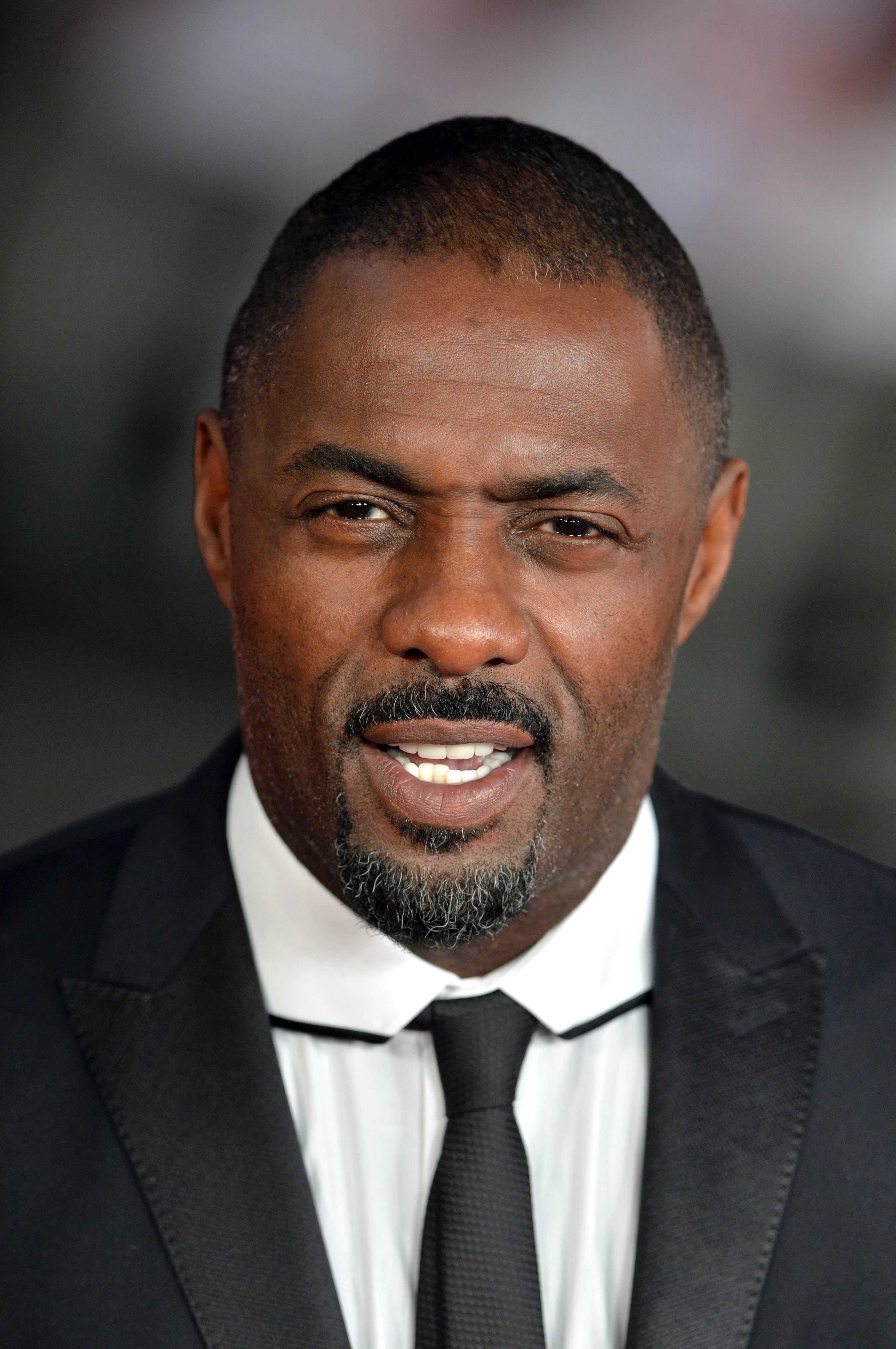The Actor Of The Mask - Unveiling The Performer's Art
There's something truly special about watching someone step into a different skin, bringing a made-up person to life right before your eyes. Whether it's on a big stage with bright lights or flickering across a screen in your living room, the way a person acts out a part has a deep power. It's about more than just saying lines; it's about becoming a channel for stories, a way for us to feel things we might not otherwise. This is, in a way, the very core of what a performer does, especially when we think about the idea of the actor of the mask.
You see, the meaning of a person who acts is quite simple at its heart: it's someone who performs, someone who takes action in a creative sense. But that simple idea opens up so many possibilities, doesn't it? It means someone who can show us a new way of looking at things, someone who can, perhaps, make us laugh or cry or even think a little differently about the world around us. They do this by putting on a kind of public face, a character that lets them explore feelings and situations that are not their own, which is actually a pretty fascinating thing to consider.
It's not just about what they say or do, though. It's about how they make us feel, the shared experience they create. People who perform have been important figures in our shared history, making a mark on our culture since plays and stories first came about. They are, in essence, folks who use their own selves – their voice, their movements, their expressions – as tools to take us to another place entirely, to a world that exists only in the story they are telling. This process of putting on a role, of being the actor of the mask, is what makes them so compelling, you know?
Table of Contents
- The Performer and Their Purpose
- What Does It Mean to Wear the Mask?
- The Range of the Actor of the Mask
- Connecting with Hearts and Minds
- How Do Actors Become Cultural Beacons?
- Beyond the Stage - The Actor of the Mask in Different Forms
- Is It Just About Skill or Something More?
- The Doers of Our Stories
The Performer and Their Purpose
A person who performs, whether it's in a live show on a stage or captured on film, truly puts themselves out there. They are the ones who act, who take on a part, making a character real for everyone watching. This is, quite simply, what the word "actor" means at its most basic level. They step into a part, they show us someone else, and in doing so, they give life to stories that might otherwise just stay on a page. It's a rather active role, don't you think?
For example, take someone like William Holden, a very well-known American actor who was much praised for his work in old movies such as "Sunset Boulevard," "Stalag 17," and "The Bridge on the River Kwai." His ability to play so many different kinds of people showed just how much a performer can do. He could be tough, kind, troubled, or heroic, all within the span of a few films. This sort of versatility is, in some respects, a key part of what makes a person who acts so special, allowing them to truly embody the idea of the actor of the mask.
What Does It Mean to Wear the Mask?
When we talk about the "mask," we're really talking about the way a performer takes on a different identity. It's someone who pretends to be another person while putting on a show in a movie, a stage play, or on television or radio. This isn't about hiding who they are, but rather about revealing a new person, a new set of feelings and thoughts, through their own body and voice. It's almost like they become a living picture of someone else, you know?
- Aries Horoscope Dates
- Lucy Bleu Knight
- Aly Raisman Doesn T Understand Jordan Chiles Score Inquiry
- Odette Yustman
- Jojo Siwa Songs
This act of wearing the mask, of becoming someone else, is a very old practice. It lets performers explore different parts of human experience without having to actually live them out in their own lives. They can be a hero one day and a villain the next, showing us the many sides of people. This ability to transform, to put on the persona of the actor of the mask, is what gives their work such a broad reach and makes it so impactful for audiences everywhere.
The Range of the Actor of the Mask
A performer's ability to show different kinds of people is a big part of their skill. It's not just about being able to cry on cue or deliver a line with feeling. It's about being able to shift from one way of being to another, to make each character feel real and distinct. William Holden, for instance, showed a truly wide array of characters, from the cynical writer in "Sunset Boulevard" to the prisoner of war in "Stalag 17." His work demonstrates how a person who acts can take on so many different forms, like a shapeshifter of feelings and thoughts.
This wide array of roles a person can play means they can reach a lot of different people, and tell a lot of different kinds of stories. It means they aren't stuck playing just one type of part, which allows them to keep their work fresh and interesting for themselves and for those watching. The true art of the actor of the mask is found in this very ability to change, to adapt, and to bring truth to each new face they put on, basically.
Connecting with Hearts and Minds
The best performers leap off the screen or stage and make a deep bond with people watching, touching them on a feeling level. There's a reason why people who act, both men and women, have been important figures in our shared culture since the beginning of storytelling. They don't just show us a story; they invite us into it, making us feel what the characters feel. This connection is, in a way, the real magic of what they do.
When a person who acts makes you truly believe in the character they are playing, it's a powerful thing. You might find yourself cheering for them, or perhaps even feeling sad for their troubles. This kind of deep connection is what makes a performance stick with you long after the show is over. It's how the actor of the mask manages to leave such a lasting impression on our memories and our hearts, you know?
How Do Actors Become Cultural Beacons?
It's interesting to think about why certain people who act become so well-known and loved by so many. Every fan of popular culture has probably talked about who they think is the most famous person performing in the world. However, such talks shouldn't just focus on how skilled someone is, but also think about how much appeal the person who acts has all over the world, and how well their movies do at the ticket booth. This broader view helps us see why some performers become truly iconic, like guiding lights in our shared stories.
It's not just about being good at what they do; it's about how widely their work is seen and how many people it touches. A person who acts who has a wide appeal can bring people together from different places, sharing stories and feelings across many different groups. This wider reach, this ability to connect with many, many people, is what helps them become more than just performers; they become symbols, which is a pretty big deal for the actor of the mask.
Beyond the Stage - The Actor of the Mask in Different Forms
A person who acts brings made-up people to life through their performances in many different kinds of entertainment, including live theater, movies, television shows, and other ways of sharing stories. The way they work might change a little depending on the form, but the core idea of taking on a role stays the same. In live theater, for instance, the connection is immediate and shared in the same space, while in film, the performance is captured and can be seen again and again, almost perfectly.
No matter the medium, people who act are storytellers who use their body and voice as ways to take the people watching into a completely different world. They build a bridge between the story and the audience, making the made-up feel real. This ability to adapt their performance to various platforms, while keeping the heart of the character, shows the true skill of the actor of the mask, basically.
Is It Just About Skill or Something More?
While talent is clearly a big part of what makes a person who acts stand out, the talks about who is the most famous performer in the world should also think about how much people all over the globe like them, and how much money their movies bring in. This isn't just about money or fame, though. It's about how much their work resonates with people, how many lives it touches, and how widely their stories are heard and seen. It's, you know, about the impact they make.
A performer's reach can affect how stories are told and how we see certain ideas. When a person who acts becomes a household name, their work can influence trends, start conversations, and even shape how we understand different parts of life. So, it's not just about how good they are at pretending; it's about the ripple effect of their work, how the actor of the mask truly makes a difference in the wider world.
The Doers of Our Stories
At its heart, the word "actor" points to someone who shows a part, someone who acts things out. They are, in a way, the people who get things done in the world of stories. Just like you might say, "He's a main person in this matter," meaning he's key to making something happen, a person who acts is key to making a story come alive. They are the ones who take the words on a page and turn them into something felt and seen, which is pretty amazing.
It's often said, "When you want something done, get a doer." And in the world of entertainment, the person who acts is absolutely a doer. They don't just talk about a character; they become that character, they perform the actions, they speak the words, and they bring the whole thing into being. This active role, this commitment to making the story happen, is what makes the actor of the mask such an important part of our shared cultural life, truly.
So, we've talked about how a person who acts brings characters to life, whether on a stage or screen, and how they use their voice and body to tell stories. We looked at how they connect with people on a feeling level and become important figures in our culture. We also considered how their global appeal and the success of their projects play a part in their fame, going beyond just their skill. Ultimately, the performer is someone who truly acts, making stories real and leaving a lasting mark on those who watch.
- Is Glen Powell Married
- Being My Heart
- Green Day Lead Singer
- Andrew Keegan Movies
- Kayleigh Mcenany Salary

Top 10 Best Actors in The World That You Must Know • WrittenFacts

Pin on Hollywood

Black actors leaving for Hollywood worry British government | The Japan